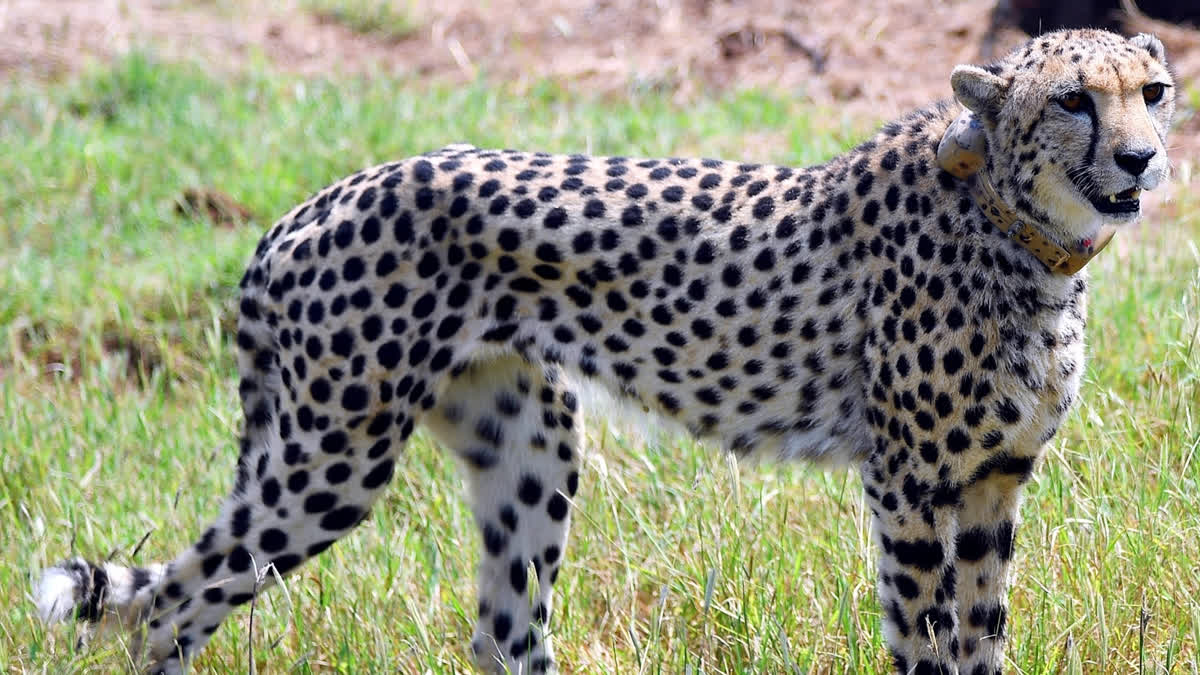Umaria: In a significant effort to create a sustainable habitat for the recently introduced cheetahs in Kuno National Park, Madhya Pradesh, more chitals—the favourite prey of cheetahs—are being transported from Bandhavgarh Tiger Reserve. This initiative addresses concerns about the survival of the cheetahs, which were brought in from abroad, as wildlife officials work to ensure that food sources in the region are plentiful.
The Deputy Director of Bandhavgarh Tiger Reserve, PK Verma, announced plans to relocate 500 chitals to Kuno National Park. So far, 17 chitals have successfully made the journey, with the remaining animals set to be transferred in the coming weeks. This significant move aims to strengthen biodiversity in Kuno National Park, which is known for its diverse carnivorous population but currently lacks adequate herbivorous animals. Chitals are in abundance at the Bandhavgarh Tiger Reserve.
"Chitals are essential for the survival and thriving of cheetahs. They reproduce rapidly, akin to goats, and can quickly increase their numbers," Verma explained. The management's goal is to ensure that by enhancing the chital population, the cheetah population can thrive without the need for constant external support.
"Although Kuno National Park has many carnivorous animals, there is a shortage of herbivores. To promote biodiversity, it is essential for all types of animals to be present in the forest, " Verma added.
About 2,000 chitals are planned to be transferred to Pench National Park as well, with 1,500 already relocated. This broader strategy highlights the critical role of herbivores in maintaining a balanced ecosystem and supports the cheetahs as they adapt to their new environment.



